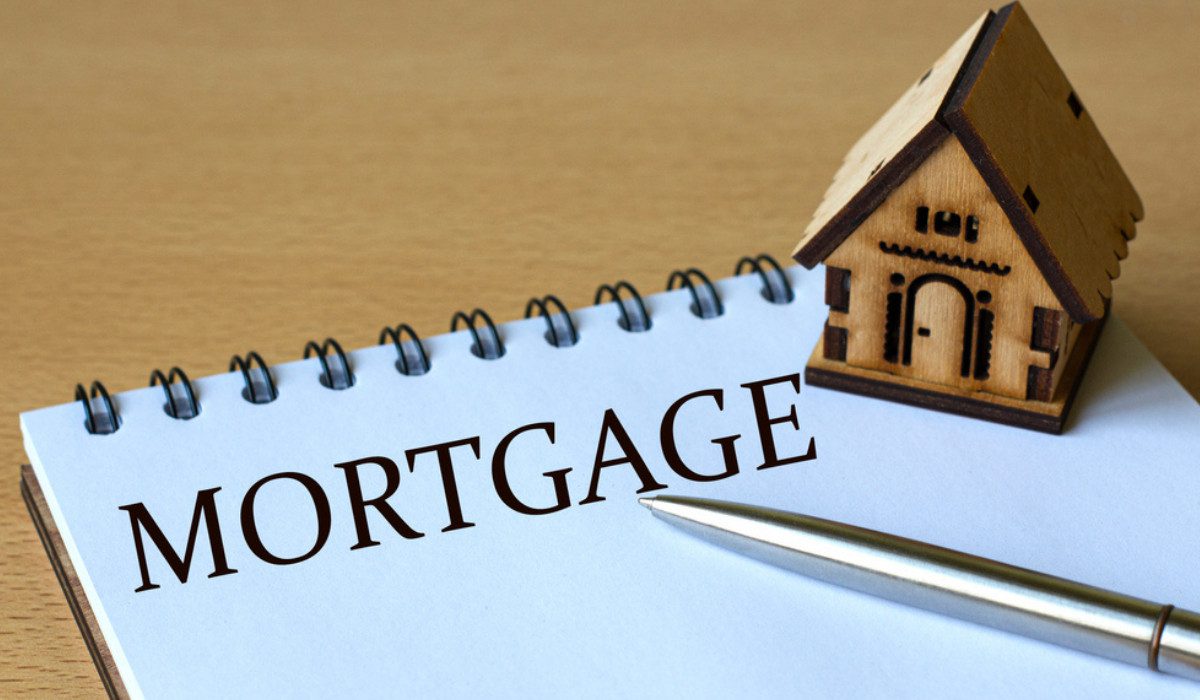If you are lucky enough to have a personal or family property in this day and age, you can avail of almost all types of credit financing tools by mortgaging your property. The value you can get in your financing depends very much on the value of your property. Still, you can at least get the financing more easily than people that don’t have mortgageable property. So, what is a mortgage, or more specifically, what is a mortgage deed?
A mortgage is basically security or a collateral submission to any lender or financial institution that allows them to retrieve the loan in case of failure in loan repayment. Since land is quite valuable, mortgage-based loans are granted for large sums of money with long repayment periods that span decades sometimes. So, now that you know what a mortgage is, let’s learn more about a mortgage deed and why you should learn about it.
See also: All about Section 80C
What is a mortgage deed?
A mortgage deed is a legal instrument/document that passes over the legal rights of the property to the lender, which can only be exercised in case of failure to repay the loan. In case of failure to repay the loan, the lender can use their property rights to sell the mortgaged property and recoup their defaulted loan to protect its interest. Like any legal document, there are several parts of a mortgage deed.
See also: RBI monetary policy repo rate
Different parts of mortgage deed
One of the first things in the mortgage deed is the definition of who is what. This means the terms mortgagor and mortgagee are defined as the people taking the mortgage and giving the mortgage, respectively. The whole article refers to the involved parties as mortgagor and mortgagee there onwards, so it is an important factor. The property details, including the value, size, location, and material facts, are mentioned clearly in the deed.
Apart from this, there are other important parts mentioned in the deed, such as the habendum, which defines the rights of the mortgagee over the mortgaged property and the restrictions to exercising those rights in the deed. Other than that, the terms of the repayment and the tenure are also very clearly mentioned in the deed. Conditions of pre-closing of the mortgage loan are also mentioned in the mortgage deed.
The mortgage deed also features the terms that would define cases if you fail to repay the loan, as well as cases where you are insolvent and unable to repay the loan. These parts are specifically required for you to learn because they will help you stay mindful of your repayment duties as per the mortgage deed.
These are some of the important parts of the mortgage deed; now that you know these, let’s discuss why it is important and why you should learn more about these things.
Why should you learn about mortgage deed?
When you are applying for any secured loan, such as a mortgage loan, the lender is guaranteed their money back, be it through your repayment or by acquiring the property. If you are not aware of the terms of your mortgage, you could end up having to pay more than you need, or you can end up misunderstanding the terms and lose your property in the end.
You need to perform your own due diligence when you involve yourself in a legal contract with another person or institution. You have to know and understand the legal duties, their extent, and the rights and conditions that are dictated by the contract. Failure to fulfill your end of the contract would cause you to lose your property, and that could be a major problem for you.
So, in order to get the most out of your mortgage loan, it is crucial that you understand, learn, and thoroughly go through your mortgage deed before signing the dotted lines. There’s a saying, “you’re never smarter for not knowing something,” and in matters that involve your money and assets, this saying could not be more true.
FAQs
When do you need a mortgage deed?
You need to draw up a mortgage deed whenever you apply for a mortgage-based loan from any lender.
When does the mortgage deed become active and in place?
After the parties, along with two witnesses, sign and attest the deed and the stamp duty of the mortgage deed are paid for, the mortgage deed becomes valid and active. However, in case any of the points mentioned above are not met, the mortgage deed is treated as void.
What are the things mentioned in the mortgage deed?
All the clauses regarding the mortgage, the repayment details, as well as the failure to repay terms are all mentioned in the mortgage deed.
Priya Banerjee, a writer with a keen eye on the property market, she deciphers the ever-changing trends in residential real estate. Priya excels at simplifying complex real estate terms, making them easy for everyone to understand. Her well-researched advice helps buyers and investors understand complex topics.











